
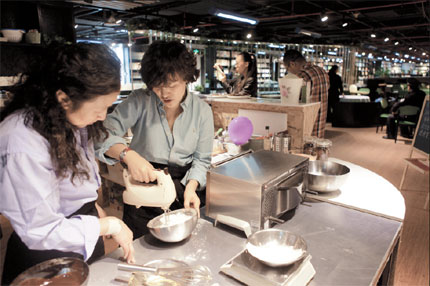 |
| Staff at Jifeng's new store at Shanghai Library Metro Station prepare coffee.(Photo/Shanghai Daily) |
Bricks-and-mortar bookstores under threat from e-books are developing survival strategies that go far beyond selling coffee, such as retailing food and fashion. On the World Book Day, Yao Minji explores the marriage of books and commerce.
The financially endangered Jifeng Bookstore reopens today at Shanghai Library Metro Station, on the World Book Day. After a week's soft opening, the store for the first time is selling fruits and vegetables.
The store is one of few privately owned bricks-and-mortar Chinese bookstores, in constant threat from online book sellers. Last year it was in danger of closing.
For 15 years, the bookstore was a cultural landmark at its old location at Shaanxi Road S. Metro Station. It drew book lovers from around the city that is known for loving utilitarian books for work or study and books for their children. Jifeng books had a reputation for inspiring people and encouraging independent thinking.
The new store is smaller but there's a larger section for coffee, fruit and vegetable sales, as well as book-related activities including arranging book signings, readings and children's events.
Its new general manager, Yu Miao, a book lover and a businessman, took over last year when the store was about to go out of business. Yu says he's not aiming for a commercially successful project, and the goal for the first year is just to break even.
As sales drop dramatically, Chinese bookstores are facing the crisis by selling other items and organizing cultural salons to even up the balance sheet. In the past two or three years, bookstores have been welcomed by some commercial projects that offer space for low or no rent. Books are said to elevate the commercial environment, and provide more diversity for shoppers.
On Friday, the Lifehub@Anting will host a lecture by Hong Kong publisher Alan Zie Yongder at the commercial complex's Read & Meet Space. This area, owned by complex developer Chongbang Group, is a nonprofit oasis. It is also non-profit.
"The Read & Meet Space has successfully introduced cultural elements into the commercial complex. This incorporation of business and culture has improved the corporate image of Lifehub@Anting," Fanny Leung, vice president of developer Chongbang, tells Shanghai Daily.
The 300-square-meter Read & Meet area contains more than 10,000 donated books. Anyone can wander in, browse, borrow a book to read in the space and relax.

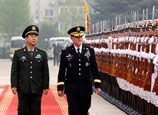

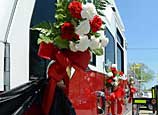
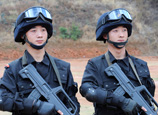

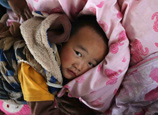

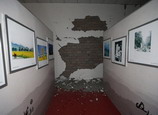
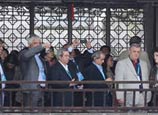
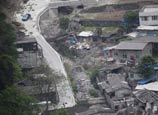






 Local villagers climb mountains to get relief supplies
Local villagers climb mountains to get relief supplies


![]()
